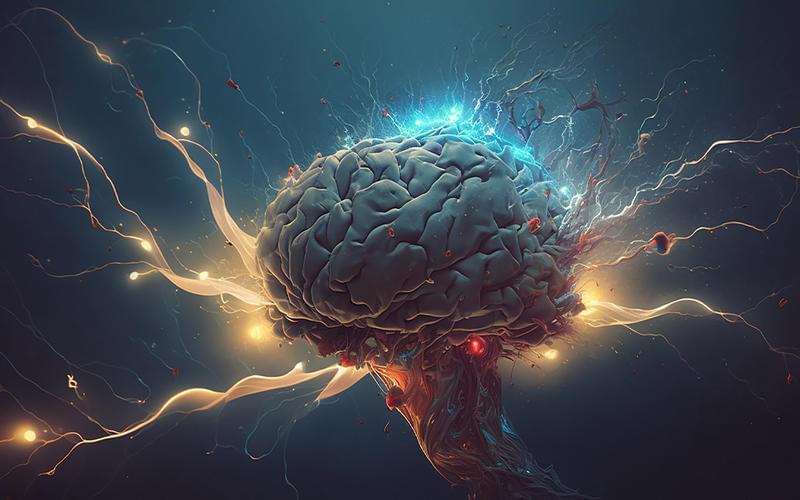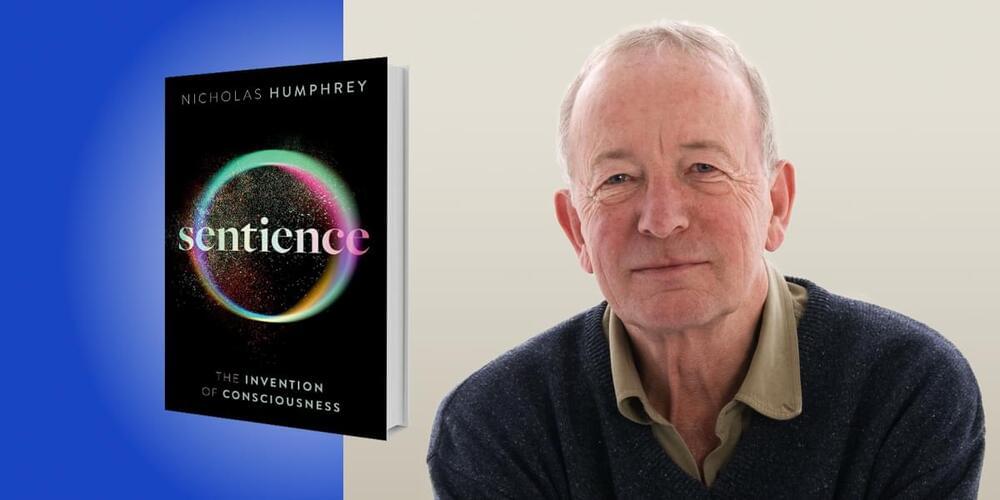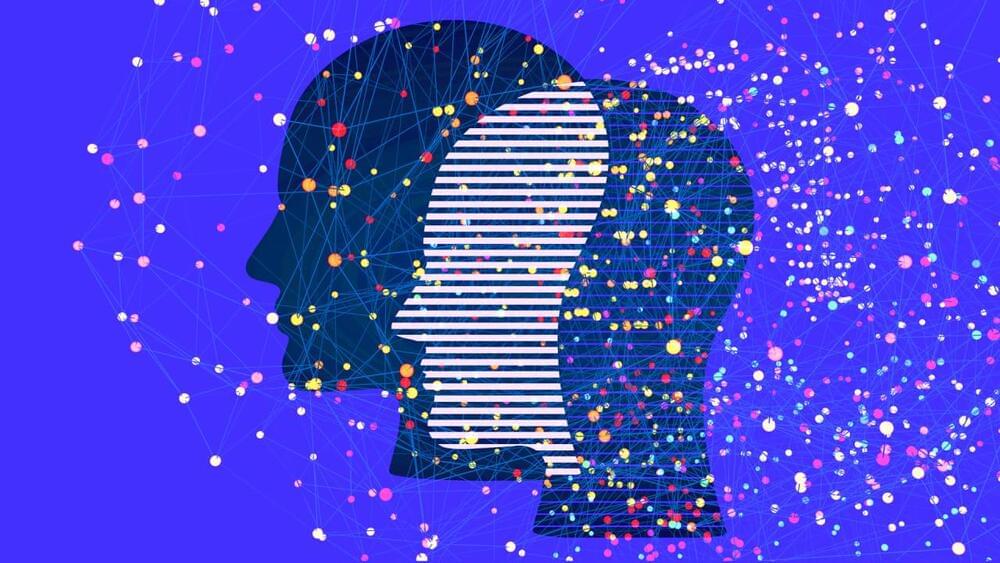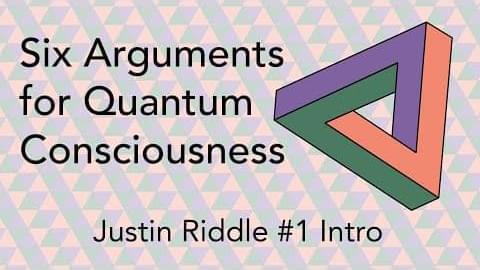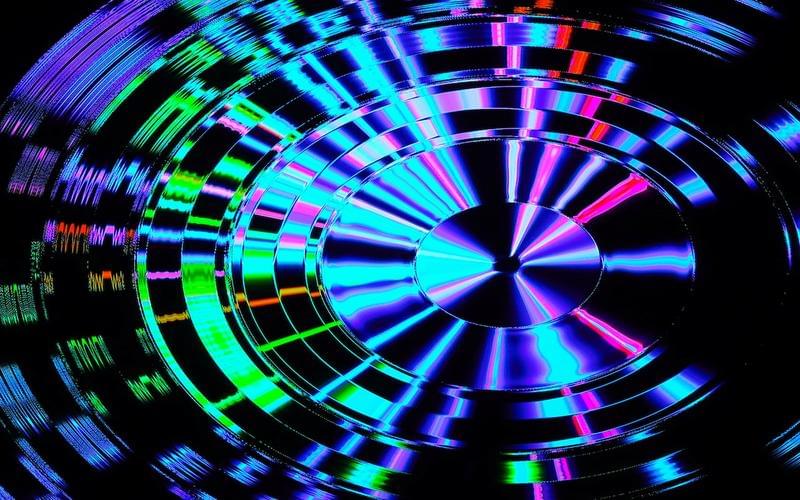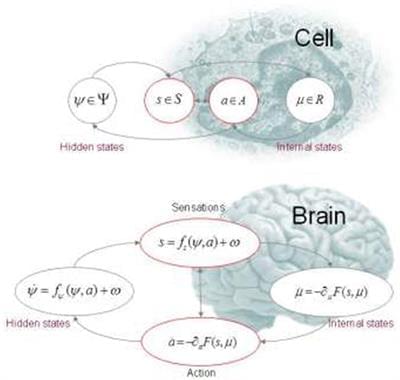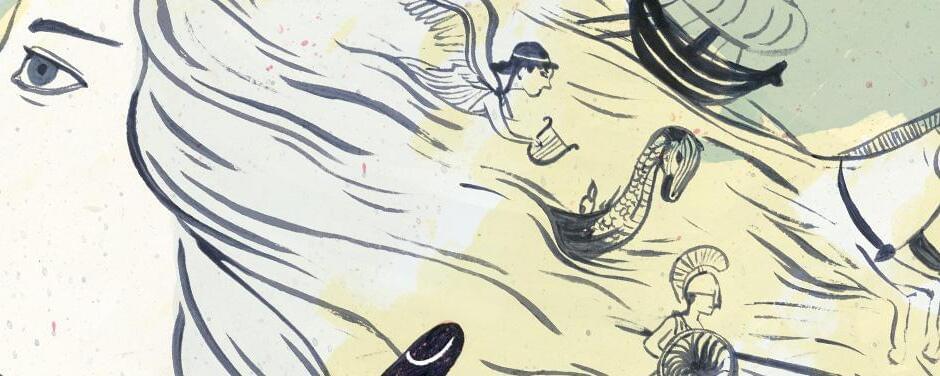
Julian Jaynes was living out of a couple of suitcases in a Princeton dorm in the early 1970s. He must have been an odd sight there among the undergraduates, some of whom knew him as a lecturer who taught psychology, holding forth in a deep baritone voice. He was in his early 50s, a fairly heavy drinker, untenured, and apparently uninterested in tenure. His position was marginal. “I don’t think the university was paying him on a regular basis,” recalls Roy Baumeister, then a student at Princeton and today a professor of psychology at Florida State University. But among the youthful inhabitants of the dorm, Jaynes was working on his masterpiece, and had been for years.
From the age of 6, Jaynes had been transfixed by the singularity of conscious experience. Gazing at a yellow forsythia flower, he’d wondered how he could be sure that others saw the same yellow as he did. As a young man, serving three years in a Pennsylvania prison for declining to support the war effort, he watched a worm in the grass of the prison yard one spring, wondering what separated the unthinking earth from the worm and the worm from himself. It was the kind of question that dogged him for the rest of his life, and the book he was working on would grip a generation beginning to ask themselves similar questions.
The Origin of Consciousness in the Breakdown of the Bicameral Mind, when it finally came out in 1976, did not look like a best-seller. But sell it did. It was reviewed in science magazines and psychology journals, Time, The New York Times, and the Los Angeles Times. It was nominated for a National Book Award in 1978. New editions continued to come out, as Jaynes went on the lecture circuit. Jaynes died of a stroke in 1997; his book lived on. In 2000, another new edition hit the shelves. It continues to sell today.


